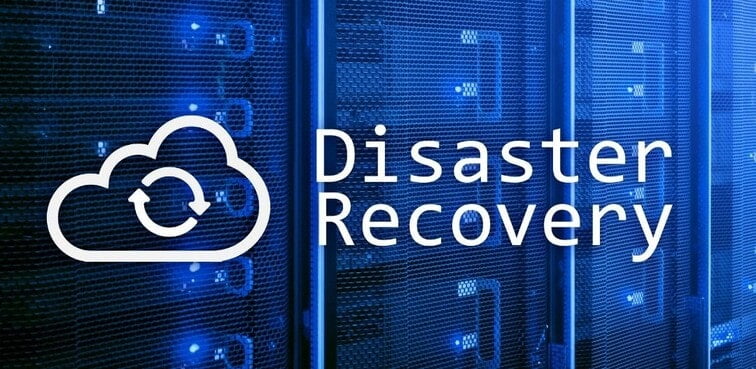Kentucky and Tennessee are not technically in the swath of the nation dubbed “Tornado Alley,” but neither state is immune to springtime severe weather. Things like straight-line winds, devastating lightning strikes, and even flooding along the Ohio River can have a detrimental effect on your business’s network, including its server and the associated data. To ensure your company’s success, you should ensure you’re protected with a backup and disaster recovery solution.
What is a Backup and Why Do You Need One?
A backup is simply a copy of your company’s data. It may include files, customer data, software, system states of servers and more. It’s highly recommended your backup is stored in another location which should always be separate from your main server. In the event severe weather affects your place of business and takes out your server, that backup ensures that your company’s data is not lost forever.
Since 70% of companies that experience data loss, quickly go out of business afterward, backups are vitally important. They can make the difference between a failed business and one that succeeds, even in the face of a disaster.

How Does Disaster Recovery Work?
Disaster recovery is the process by which information that was destroyed during severe weather, a fire, a flood, cyber-crime, user error, or even hardware failure is recovered. The entire goal of disaster recovery should include re-obtaining as much of the lost information as possible as quickly as possible. After all, the more quickly you can get your data back and get your site online, the lesser the impact of the event that caused the data loss, and the more likely your business will come through unscathed.
Disaster recovery works by restoring data from an off-site location not directly affected by the disaster. That’s why backups to a remote location are so important. If you backup data to the same location as your primary network and servers, then they could be damaged by the disaster as well rendering them useless.
Tips for Successful Backup & Disaster Recovery
Now that you understand the importance of backup and disaster recovery, here are a few tips to help you feel certain that you are protected before this year’s severe weather season:
- Evaluate risks and vital systems – Evaluate potential risks and disasters that could affect your business. Make plans for how to deal with them. Also identify vital systems and data that need to be restored after a disaster.
- Create a new backup every 15 to 60 minutes – The more frequently you create backups of your company data, the more data you will be able to recover in the event of a disaster.
- Test your backups – So your backing your data up and that’s great! Now be sure to actually test the backups on a regular basis. Make sure the data can be restored and in a time frame acceptable to your disaster recovery plan.
- Utilize the cloud – The cloud exists to protect your data by ensuring it is in more than one location. When you choose to upload your backups to the cloud, they will be stored at a server that is at a different location. If your location is impacted by severe weather and you lose your server, your data still exists, and all you have to do is download it.
- Hire a professional – One of the best ways to be absolutely certain that your data is always 100% protected in the event of a disaster is to hire a professional team to help you automate your backups and uploads. Better still, in the event that you are impacted by a disaster, you will have a support team to help you get back on your feet.
As you can see, a backup and data recovery solution is critical to the overall success of your business. Without it, should disaster strike, you may lose your company’s data forever. For the best possible results, make sure you choose an expert company that can help your small or medium business weather the storm.
Need assistance creating a disaster recovery plan and implementing it? Pennyrile Technologies can help and make sure you’re protected against all forms of disasters from mother nature, to cyber-criminals and malicious employees. Contact us today for a free consultation and see how we can help protect your business.

